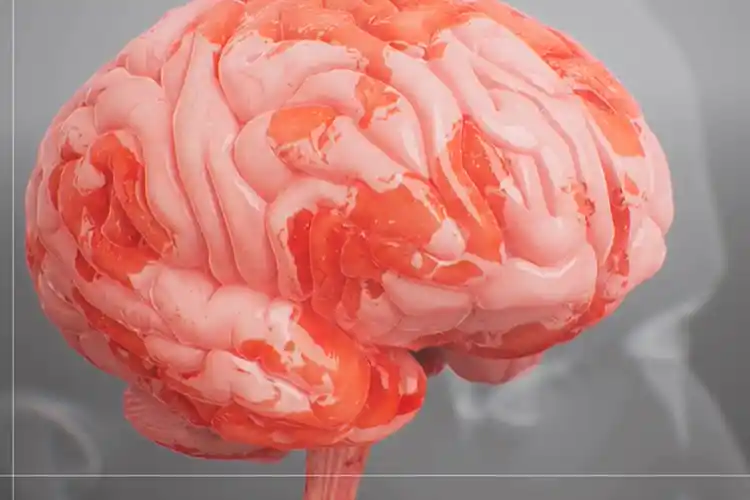How Treatment for MS Flares Works

Hide Video Transcript
Video Transcript
[MUSIC PLAYING]
There are different ways to help treat a flare or alleviate symptoms. Corticosteroids simulate the function of the cortisol hormone, which slows the inflammation process. Another treatment option involves an injection of the Adrenocorticotropic Hormone, ACTH, which boosts your body's natural production of cortisol.
Plasma exchange can be used if your body does not respond to other treatments. During this process, a machine removes blood and separates inflammation-causing cells before returning the blood to your body. Other treatments can help target specific symptoms such as fatigue, pain, and limited mobility. Talk to your doctor to see which treatment option is best to help with your MS flares.
SPEAKER
MS is a lifelong condition. It may change and evolve over time. You may experience periods of new or worsening symptoms, called relapses or flares. MS flares occur when your immune system causes inflammation in your brain and spinal cord. This damages the covering around your nerves, the myelin, making it harder for your brain to send messages to the rest of your body. There are different ways to help treat a flare or alleviate symptoms. Corticosteroids simulate the function of the cortisol hormone, which slows the inflammation process. Another treatment option involves an injection of the Adrenocorticotropic Hormone, ACTH, which boosts your body's natural production of cortisol.
Plasma exchange can be used if your body does not respond to other treatments. During this process, a machine removes blood and separates inflammation-causing cells before returning the blood to your body. Other treatments can help target specific symptoms such as fatigue, pain, and limited mobility. Talk to your doctor to see which treatment option is best to help with your MS flares.
